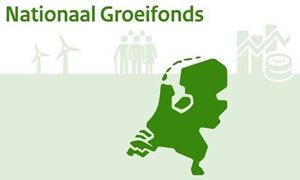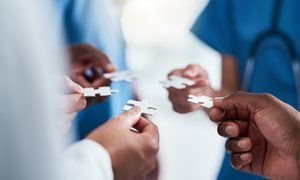
Two projects involving Radboud university medical center receive grants from the National Growth Fund. The Dutch government has awarded €200 million to the Holomicrobiome Institute, which will conduct research on "microbiomes" and economically interesting applications thereof. In addition, the new Center for Non-Performed Biomedical Translational Research will receive €125 million for research on the transition to laboratory animal-free research.
Center for Non-Performed Biomedical Translational Research
The National Growth Fund is earmarking €125 million for a new Center for Non-Performed Biomedical Translational Research to accelerate the transition to non-animal research over the next decade. This can lead to safer, more effective and better treatments with less animal suffering. The Center for Non-Performed Biomedical Translational Research (CPBT), led by Utrecht University, will receive €124.5 million, of which €69.5 million is conditional.
Radboudumc is one of the participating partners. Nael Nadif Kasri, professor of Medical Neurosciences for Neurodevelopmental disorders, is contributing to the development of advanced functional measurements of brains on a chip. His research group uses neurons and muscles derived from stem cells grown on an electric chip. This allows them to improve measurements that can be used for disease modeling and drug screening.
Holomicrobiome Institute
The government of the Netherlands has allocated €200 million from the country’s National Growth Fund for a public-private consortium that will conduct research into ‘microbiomes’ and economically interesting applications thereof. The funds, which will add to €150 million that the dozens of consortium members and partners themselves contribute, will support the activities of the Holomicrobiome Institute over the next ten years.
Thanks to the new Institute, the Netherlands will be able to strengthen its international leading position in the field of knowledge about ‘microbiomes’ — communities of micro-organisms such as bacteria, fungi and viruses that are essential for the health of people, animals, plants and the environment. That knowledge will yield many applications. These will not only contribute to sustainable earning capacity of the Dutch economy, but also to health, sustainability and circularity in the Netherlands. The University of Amsterdam is in the lead of this project, in which Radboudumc also is involved.
More information
Pauline Dekhuijzen

wetenschaps- en persvoorlichter


_1.jpg?width=500&height=333&ext=.jpg&type=BlockColumn1Zoom1)


